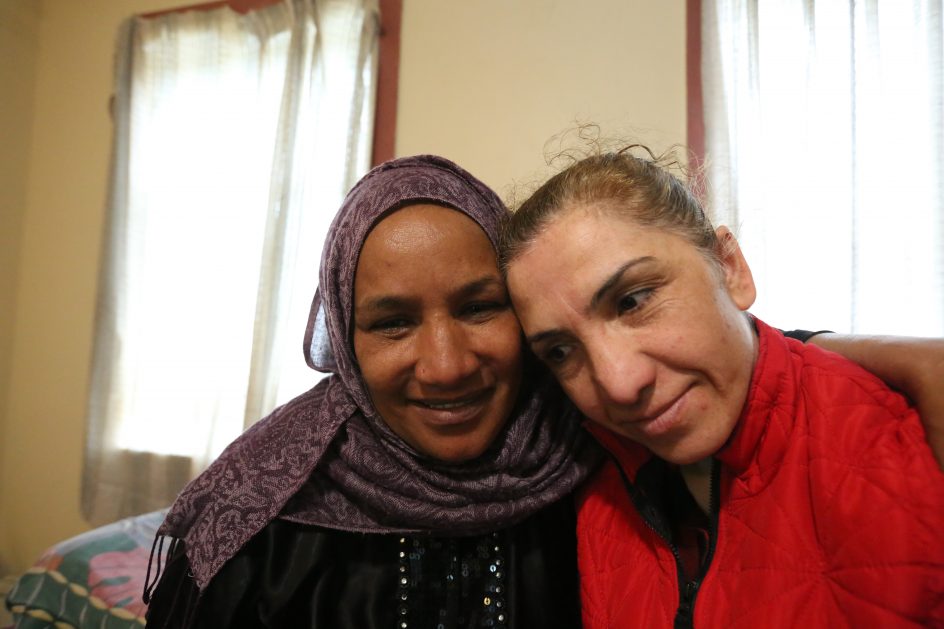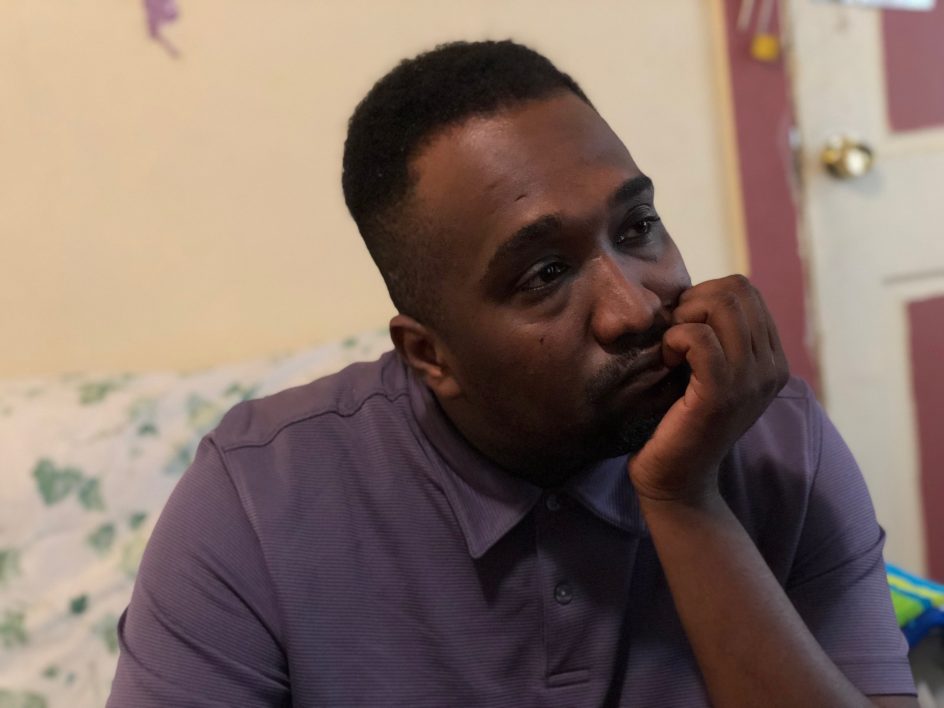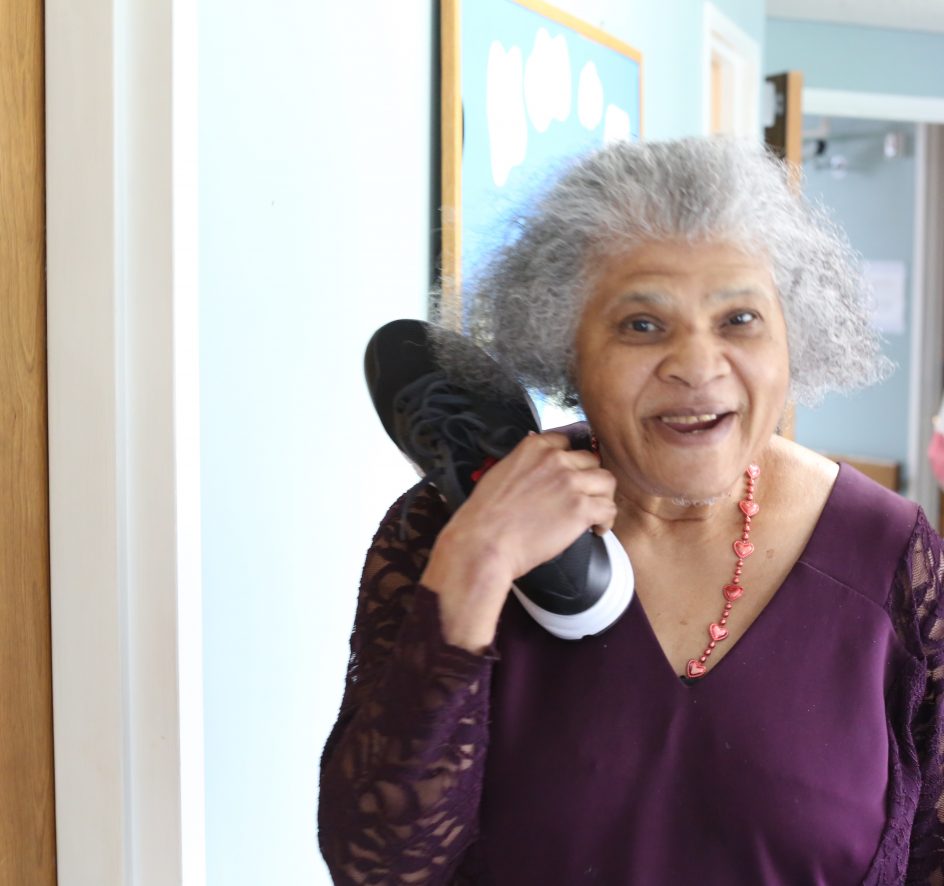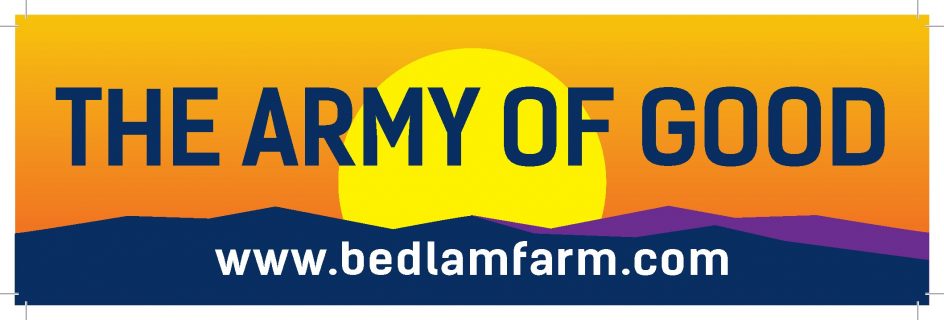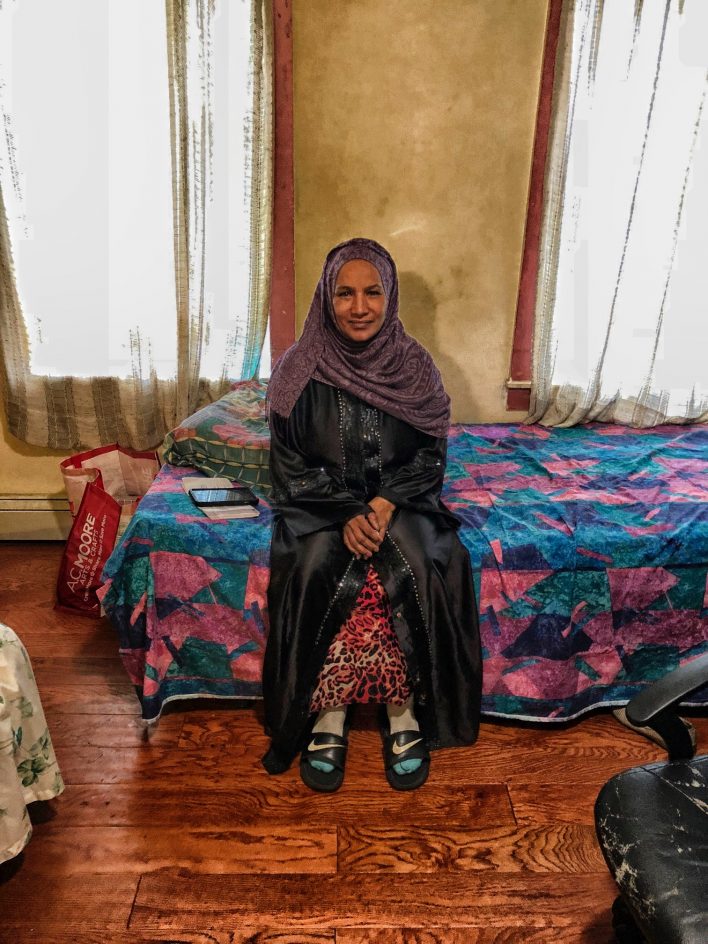
I asked Hawah to sit still for this photo, to me, it captured both the refugee and Muslim experience in America. She is happy and full of the future. Saturday, she wanted to commit suicide.
When Mark Twain toured America, he wrote that everyone he met was a refugee. It wasn’t like England, he said, everyone in America came from somewhere else or fled from something else, it was the one thing that united the country.
That is not the case now, the refugees are just one other thing that divides the country. I am the grandson of refugees, and the refugees I am meeting come from a different culture, speak different languages, have different values and histories.
But they are familiar to me, and I know they belong here and were fated to come here.
Most of the refugees I meet are Muslim (many are Asian and African), they almost all come from troubled or “shithole” countries. Our politicians and media suggest what it means to be a Muslim, but I see something different every day. I am seeing a community that is generous and open to me, a Jew from another world. And to one another.
I see a faith bound in tradition, family and love.
Unlike most religions, it really means something to be a Muslim.
The Muslims I am meeting have a strong sense of faith, they know and trust one another, they care for one another, they love one another, even strangers. I find great integrity in this faith, a sense of ethics and morality. I see all of the Muslims i am meeting happily fasting all day during Ramadan, even though they are tired and hungry, and some are sick.
There is nothing menacing or disturbing about them.
What do most of us ever give up every day for a month? If we get stuck in traffic, or a pet dies, it’s a tragedy. The Muslims I am meeting are the Sons and Daughters of Liberty, they know better than we do now what it means to be enslaved and persecuted.
I see the Muslims are passionate about community, it is alive for them.
There are so many things they could teach us, if we were only able to learn and listen. I am learning and listening. I don’t think any human or human community or faith is perfect, or close. But they have not come here to harm us, they love freedom above all other things, or they would not be here at all.
They are refugees, much like all other refugees.
For many, the American Dream is far beyond reach, there are too many walls to climb in our rigged society. They are her for their children, they pray for a better life for them, and are prepared to sacrifice. I see this in the parents of the soccer team, far too busy working different jobs to come and see their sons.
Muslim landlords take other Muslims in without question when they need a place to stay, Muslim businesses let people buy on credit, strangers give food to strangers, the faith is grounding platform for them. They are absolutely nothing like the image of Muslims exploited by our politicians and journalists to make money or gain power. A Muslim took Hawah in when she needed refuge without hesitation or cost.
Tonight, my friend Ali is breaking the Ramadan fast with his family, with whom he lives. We want to be together, he says of his mother, father, sister and nieces and nephews. Ali and I call one another brothers, and we laugh every day at the idea of the Muslim and the Jew, working to help the refugees and immigrants. It is, certainly, not common in the world.
I love Ali for his love and generosity of spirit, and for his passionate desire to do good and lead a meaningful life. He is a wonderful partner for me on this journey.
In fact the people I am meeting here are not terrorists, they are the victims of terrorists, they understand the poison of hatred as well as anyone. They are gentle people, faithful and quick to smile, much like my grandparents were.
I am surprised by them, I didn’t really know what to expect. I have never felt fear or anger around them. And they have good reasons to be angry and suspicious and afraid. They don’t complain or lament their lives.
They have remarkable endurance, patience and tolerance. They bend but do not break. They suffer but do not quit. They leave the worst horrors behind and look ahead. They cling to their values in the face of the worst brutality and disillusionment. They face hatred and contempt every day, it does not harden or turn them.
I was deeply moved by the vividness and power of Hannah Arendt’s timeless essay ‘We Refugees,” written after she fled the Nazi’s to get to America in the mid 1940’s. She went on to have a brilliant career as an author and moralist, but she never forgot the refugee experience.
Once you are a refugee, I think, you are always a refugee. It is in your head and soul.
I think of it often now.
“Our optimism,” she wrote, “is admirable, even if we say so ourselves. The story of our struggle has finally become known. We lost our home, which means the familiarity of daily life. We lost our occupation, which means the confidence that we are of some use in this word. We lost our language, which means the naturalness of reactions, the simplicity of gestures, the unaffected expression of feelings. We left our relatives in the Polish ghettos and our best friends have been killed in concentration camps, and that means the rupture of our private lives.
Nevertheless, as soon as we were saved, and most of us had to be saved, we started our new lives…”
It is a gift to help “save” people, so that they can start their new lives. I’m not sure I could have endured a fraction of what Hawah and Omranaso have endured, they have lost everything of meaning in their lives.
Their purpose is simple. They are climbing up the ladder, they are starting their live again, giving birth and rebirth to their dreams. i am proud to know them.

